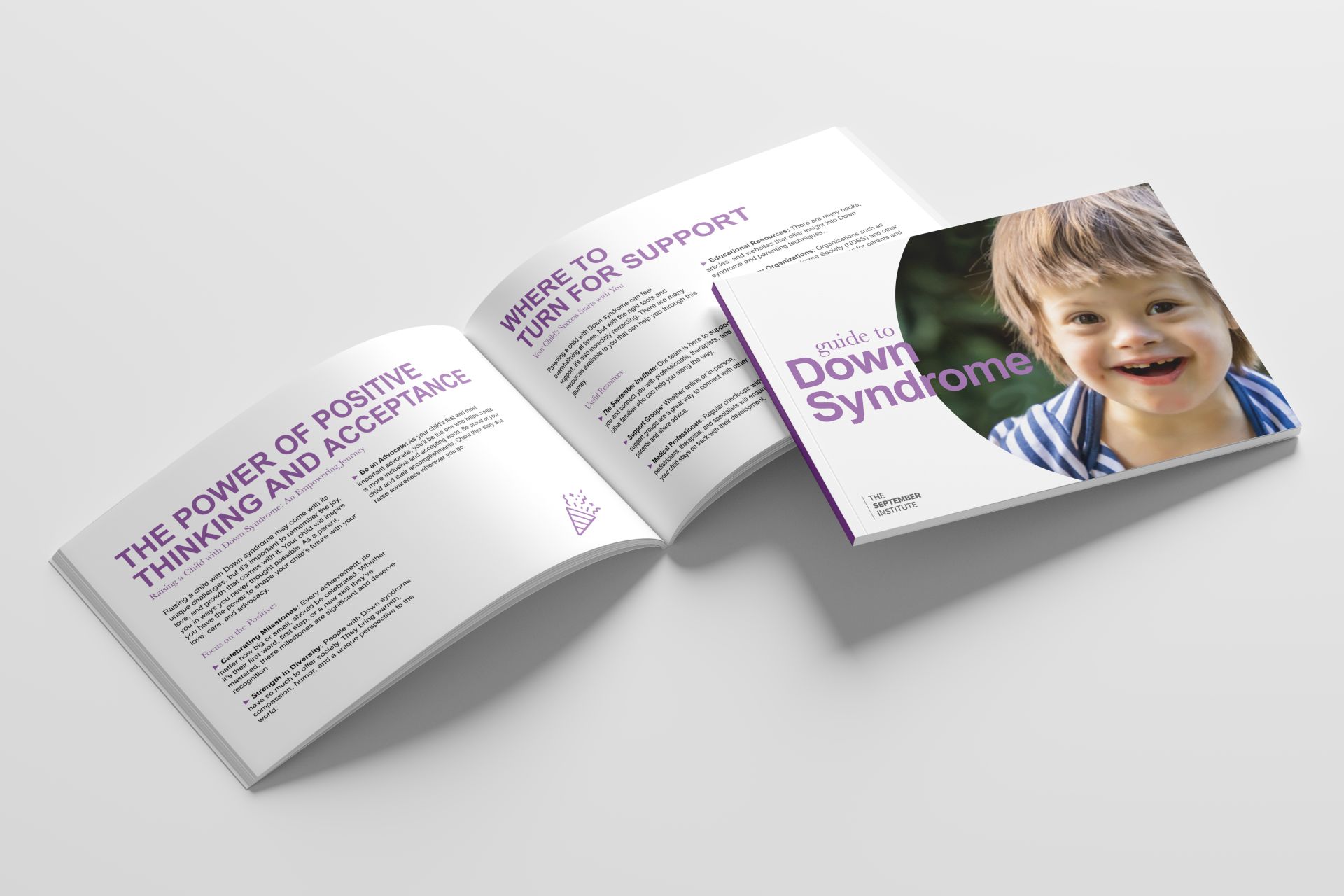Why Fine Motor Skills Matter
Fine motor skills are the small movements that use the muscles in the hands and fingers. These skills help toddlers:
By practicing fine motor skills through play, your child is laying the foundation for future tasks like dressing, writing, and self-care.
Fine Motor Activities Your Toddler Will Love
1. Scribbling and Mark Making
Offer your toddler chunky crayons or washable markers and let them scribble on large sheets of paper. Scribbling encourages hand–eye coordination, grip strength, and creativity. Don’t worry about neatness — every little mark is progress!
Tip: Tape the paper to the table to keep it from sliding around.
2. Shape Sorters and Puzzles
Shape sorters, stacking rings, and simple peg puzzles are wonderful for problem-solving and fine motor practice. Your toddler learns how to grasp, rotate, and fit objects into the right spot, all while having fun.
Tip: Start with large, easy-to-grasp pieces and celebrate every attempt, not just success.
3. Object Manipulation
Encourage your toddler to explore objects in new ways like stacking blocks, placing lids on containers, or opening and closing boxes. These activities strengthen finger muscles and improve coordination.
Tip: Use everyday household items like plastic containers, pots with lids, or nesting cups.
4. Finger Foods and Snacks
Let your toddler practice picking up small finger foods like blueberries, cereal pieces, or peas. This builds the pincer grasp (using thumb and finger), which is essential for more advanced fine motor tasks later on.
Tip: Sit with your toddler and model how to pick up pieces, they’ll often copy your movements.
5. Posting and Dropping Games
Provide a container with a slot and let your toddler drop in coins (use safe, large tokens), blocks, or even toy animals. These games teach precision and focus.
Tip: Cut a hole in the lid of a plastic container to make a homemade “posting box.”
6. Playdough Play
Rolling, squishing, and poking playdough strengthens finger and hand muscles while also sparking creativity.
Tip: Add simple tools like cookie cutters or a plastic spoon to make it more engaging.
7. Stacking Towers
Blocks, cups, or even boxes can be stacked to make towers. Your toddler will have lots of fun building them up and knocking them down! This activity supports coordination and planning.
Tip: Join in by building towers together and taking turns knocking them down.
How Parents Can Support Fine Motor Development
Why It’s Worth Celebrating
Every scribble, every shape dropped into a sorter, and every small block tower is more than just play, it’s your toddler practicing the skills they’ll need for independence, learning, and creativity. Fine motor activities may seem small, but they are truly the building blocks of big milestones ahead.
So hand your toddler some crayons, bring out the blocks, and join in the fun. These little activities will spark joy, build skills, and strengthen your bond along the way.
✅ Key Takeaway: Fine motor play is both fun and essential. Activities like scribbling, shape sorting, and object play help your toddler build strength, coordination, and independence — all through playful, everyday moments.
Fine motor skills are the small movements that use the muscles in the hands and fingers. These skills help toddlers:
- Feed themselves with more control.
- Hold and explore toys.
- Point, clap, and wave.
- Begin early drawing and scribbling.
- Build independence in daily routines.
By practicing fine motor skills through play, your child is laying the foundation for future tasks like dressing, writing, and self-care.
Fine Motor Activities Your Toddler Will Love
1. Scribbling and Mark Making
Offer your toddler chunky crayons or washable markers and let them scribble on large sheets of paper. Scribbling encourages hand–eye coordination, grip strength, and creativity. Don’t worry about neatness — every little mark is progress!
Tip: Tape the paper to the table to keep it from sliding around.
2. Shape Sorters and Puzzles
Shape sorters, stacking rings, and simple peg puzzles are wonderful for problem-solving and fine motor practice. Your toddler learns how to grasp, rotate, and fit objects into the right spot, all while having fun.
Tip: Start with large, easy-to-grasp pieces and celebrate every attempt, not just success.
3. Object Manipulation
Encourage your toddler to explore objects in new ways like stacking blocks, placing lids on containers, or opening and closing boxes. These activities strengthen finger muscles and improve coordination.
Tip: Use everyday household items like plastic containers, pots with lids, or nesting cups.
4. Finger Foods and Snacks
Let your toddler practice picking up small finger foods like blueberries, cereal pieces, or peas. This builds the pincer grasp (using thumb and finger), which is essential for more advanced fine motor tasks later on.
Tip: Sit with your toddler and model how to pick up pieces, they’ll often copy your movements.
5. Posting and Dropping Games
Provide a container with a slot and let your toddler drop in coins (use safe, large tokens), blocks, or even toy animals. These games teach precision and focus.
Tip: Cut a hole in the lid of a plastic container to make a homemade “posting box.”
6. Playdough Play
Rolling, squishing, and poking playdough strengthens finger and hand muscles while also sparking creativity.
Tip: Add simple tools like cookie cutters or a plastic spoon to make it more engaging.
7. Stacking Towers
Blocks, cups, or even boxes can be stacked to make towers. Your toddler will have lots of fun building them up and knocking them down! This activity supports coordination and planning.
Tip: Join in by building towers together and taking turns knocking them down.
How Parents Can Support Fine Motor Development
- Keep it fun: Toddlers learn best through play, so focus on enjoyment rather than perfection.
- Offer variety: Rotate toys and activities to keep your toddler engaged.
- Encourage independence: Let your toddler try things themselves, even if it takes longer.
- Model and show: Demonstrate how to scribble, stack, or fit a shape, then give your child time to try.
- Celebrate effort: Every attempt, even if “imperfect,” is progress worth cheering on.
Why It’s Worth Celebrating
Every scribble, every shape dropped into a sorter, and every small block tower is more than just play, it’s your toddler practicing the skills they’ll need for independence, learning, and creativity. Fine motor activities may seem small, but they are truly the building blocks of big milestones ahead.
So hand your toddler some crayons, bring out the blocks, and join in the fun. These little activities will spark joy, build skills, and strengthen your bond along the way.
✅ Key Takeaway: Fine motor play is both fun and essential. Activities like scribbling, shape sorting, and object play help your toddler build strength, coordination, and independence — all through playful, everyday moments.
For Parents and Parents-to-Be of Children with Down Syndrome
Disclaimer: The information provided on Small Steps Online is for educational purposes only and is not a substitute for professional medical, therapeutic, or developmental advice. Always consult with qualified healthcare providers, therapists, or relevant professionals regarding your child’s specific needs and situation. The September Institute and Small Steps Online are not liable for any outcomes resulting from the use or misuse of the information shared here.



